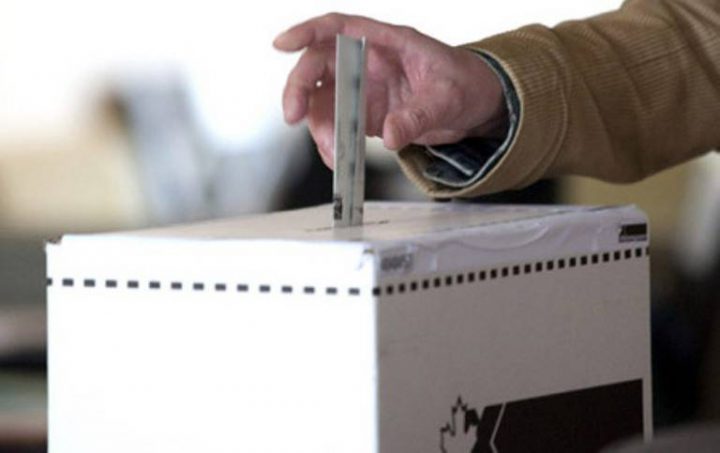OTTAWA – Despite the uproar over the Conservative government’s new election law, the country’s chief electoral officer said Monday he’s confident those who want to vote on Oct. 19 will get a chance to do so.

Marc Mayrand said his agency is going to great lengths to inform people, particularly online and in aboriginal communities.
New, legislative requirements for identification should not cause problems, as long as voters prepare themselves, he said.
“I think we’ll see a good election,” he said. “We have taken various measures to ensure no one is denied the right to vote.”
Mayrand downplayed opposition party warnings, which resounded during the divisive debate over Bill C-24, that thousands will be unable to vote because of the new rules.
However, he placed the burden of exercising democratic rights on the shoulders of electors.
“If anybody is turned away from the polls, or anybody stays home because of concerns, I think there should be no concerns there,” he said. “I think there is a way (to vote). If you’re concerned about your ability to establish your ID and address, please conduct us.”
READ MORE: Liberals picking up momentum in Ontario, B.C., according to latest seat projections
The law requires voters to have a piece of photo identification with an address, such as a driver’s license. But one of the principal concerns with the new Fair Elections Act is that this provision might disproportionately disqualify aboriginals on crowded reserves.
- Grocery code: How Ottawa has tried to get Loblaw, Walmart on board
- Alberta to overhaul municipal rules to include sweeping new powers, municipal political parties
- Norad looking to NATO to help detect threats over the Arctic, chief says
- Military judges don’t have divided loyalties, Canada’s top court rules
“One of the problems aboriginals have in this country is that on reserves, often, there is no address at all,” Mayrand said.
The new law also ends the practice of vouching, in which a properly identified voter can vouch for the identity of someone lacking complete ID.
The agency has published election information in 15 different aboriginal languages to lay out the requirements for casting a ballot. In addition, he said, Elections Canada has made arrangements to facilitate proof of address by getting individual bands to issue letters to members that attest to where they live.
“So, we hope that with those measures they will be informed and secondly they will access to documents, helping establish their identity and their address,” Mayrand said.
READ MORE: Haven’t paid attention to the election campaign? Here’s what you missed
Many aboriginal groups opposed the Harper government’s electoral changes, but Conservatives insist that anyone voting ought to show proper identification. In the spring of 2014 as a Commons committee dissected the bill, aboriginal groups pointed out that issuing letters is a flawed approach because thousands of band members often live off-reserve.
Mayrand underlined some of the new and innovative ways Elections Canada is reaching out to all voters, including online partnerships. The federal agency and Facebook have teamed up to stream reminders to voting age users, encouraging them to check, update or complete their voter registration at the government web site.
The new law also places limits on the kind of advertising Elections Canada can undertake during campaigns to get out the vote – an issue Mayrand sidestepped when faced with questions about its impact. He would only say it provides clarity on the types of advertisement the agency can undertake.
Mayrand was also careful to skirt around questions about the length of the extended 11-week campaign, which opened Aug. 2.
He acknowledged there would be increased costs for his agency and higher reimbursement to parties and candidates, but decline to estimate the overall cost.


Comments